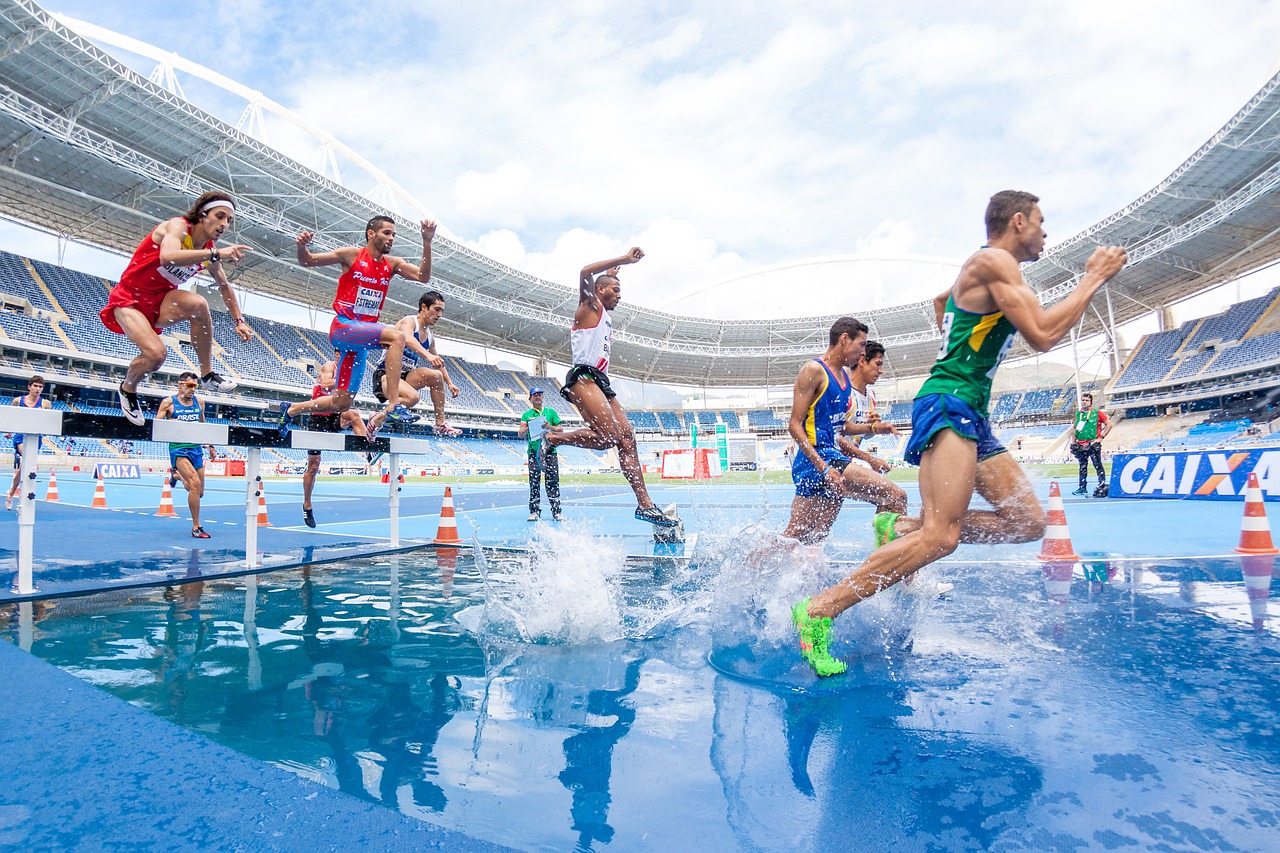Doping scandals have plagued sports for decades, casting a shadow over athletic achievements and raising questions about fairness and integrity. In the United States, major sports such as baseball, cycling, athletics, and even professional football have been rocked by revelations of performance-enhancing drug (PED) use. Despite the efforts of regulatory bodies like the U.S. Anti-Doping Agency (USADA) to enforce clean competition, doping remains a persistent issue. So, how clean are American sports today, and can they ever be free from the influence of banned substances?
The History of Doping in American Sports
The doping problem in U.S. sports is not new. One of the most infamous cases was the MLB steroid scandal of the late 1990s and early 2000s, which implicated star players such as Barry Bonds, Mark McGwire, and Sammy Sosa. This scandal exposed the widespread use of anabolic steroids to enhance performance, forcing the league to adopt stricter drug-testing policies.
Another high-profile scandal involved cyclist Lance Armstrong, whose unprecedented seven Tour de France titles were stripped in 2012 after it was revealed that he led one of the most sophisticated doping programs in sports history. Armstrong’s case was a turning point, showing that even the most celebrated athletes could cheat systematically to maintain a competitive edge.
Ongoing Challenges and High-Profile Cases
Despite improvements in anti-doping efforts, doping scandals still occur. Sports like track and field, boxing, and mixed martial arts (MMA) frequently encounter doping controversies. Even within the NFL, there are periodic suspensions of players for using PEDs despite the league’s stringent policies. In 2021, American sprinter Sha’Carri Richardson made headlines when she was banned from the Tokyo Olympics after testing positive for marijuana, reigniting debates about drug testing and fairness.
The availability of new and harder-to-detect substances makes it difficult to stay ahead of dopers. Substances such as EPO (erythropoietin), growth hormones, and designer steroids are constantly evolving, posing a challenge for regulators. Additionally, athletes sometimes exploit therapeutic-use exemptions (TUEs) to use banned substances under the guise of medical necessity.
The Role of Regulatory Bodies
The USADA and other agencies like the World Anti-Doping Agency (WADA) play a crucial role in keeping sports clean. These organizations conduct regular drug testing during competition and out of season to deter athletes from doping. Violators face suspensions, fines, or bans, depending on the severity of the offense. High-profile collaborations between USADA and sports leagues like the UFC have enhanced transparency and improved testing protocols.
However, regulatory bodies are not without criticism. Some argue that anti-doping efforts disproportionately target certain sports or athletes while others go untested. Additionally, there is an ongoing debate about the fairness of marijuana bans, as the substance is not considered performance-enhancing but remains on the prohibited list for many competitions.
The Future of Clean Sports
While progress has been made, eliminating doping entirely from American sports remains challenging. Genetic engineering and biochemistry advances could introduce new, undetectable forms of doping, requiring constant innovation in testing methods. Education will also be essential—athletes must be taught about the risks and ethical implications of doping from a young age to foster a culture of fair play.
Conclusion
The fight against doping in American sports is far from over. While many athletes compete cleanly, the temptation to gain an edge through illegal substances persists. Strict testing protocols, increased awareness, and technological advancements in drug detection are crucial in maintaining the integrity of sports. Ultimately, the goal is not just to catch cheaters but to cultivate a culture of honesty and fairness—one in which athletes succeed through talent, hard work, and dedication, not chemical shortcuts. How clean American sports will become depends on the continued vigilance of regulators, the cooperation of athletes, and the commitment of fans to demand fairness in competition.









